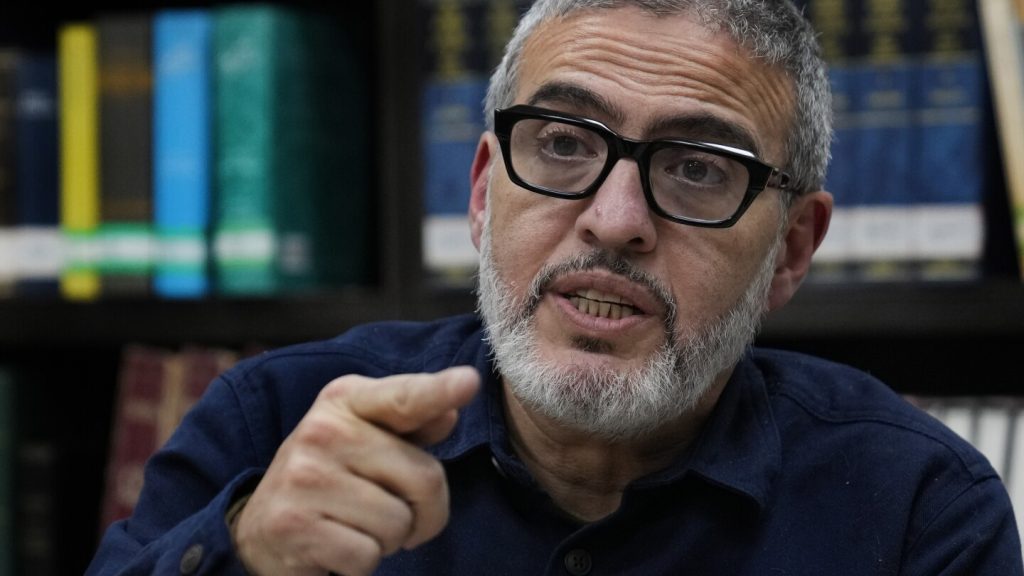A British-Palestinian surgeon, Dr. Ghassan Abu Sitta, was denied entry to Germany on Friday, where he was scheduled to attend a pro-Palestinian conference. He was stopped at Berlin airport and held for several hours before being informed that he had to return to the U.K. German airport police cited concerns about the safety of the people at the conference and public order for denying his entry. The Palestine Congress, which Abu Sitta was to attend, aimed to discuss topics such as German arms shipments to Israel and solidarity with the Palestinian struggle.
The organizers of the Palestine Congress stated that the event was abruptly ended by Berlin police on its first day, after a livestream was shown featuring a person banned from political activity in Germany. The police did not disclose the identity of the individual, but confirmed that they decided to halt the congress following a legal assessment. Attendees were asked to leave the premises. Organizers expressed their disappointment over the decision on social media, claiming that the conference was banned by the police without a valid reason.
Despite being a staunch supporter of Israel, Germany has shown growing concern over the humanitarian situation in Gaza and has called on Israel to allow more aid to reach the territory. The German government implemented a ban on activities by or in support of Hamas after an attack on Israel by Hamas in October. In response to the Israel-Hamas conflict, Germany has tightened restrictions on pro-Palestinian activities and demonstrations, citing concerns of antisemitic or anti-Israel incitement. The deportation of Dr. Abu Sitta was criticized by human rights organizations as an act of authoritarian censorship.
Dr. Ghassan Abu Sitta, who has volunteered in conflict zones such as Gaza, Iraq, Syria, and Yemen, has been active in providing medical assistance during various conflicts in the Palestinian territories since the late 1980s. He was recently involved with Doctors Without Borders in Gaza. The Palestine Congress, which he was barred from attending, was closely monitored by German security authorities. The German Interior Ministry spokesperson mentioned that federal security authorities had been in touch with local counterparts in Berlin regarding possible entry bans for the event.
The actions taken by German authorities against pro-Palestinian events have received both support and criticism within the country. While many politicians and officials back the government’s tough stance on potential antisemitism, others have condemned it as a violation of freedom of speech. The ban on Dr. Abu Sitta’s entry to Germany is seen as a reflection of Germany’s increasingly stringent approach towards pro-Palestinian activities, especially in the context of the ongoing Israel-Hamas conflict. The incident has raised concerns about censorship and human rights in democratic societies.


